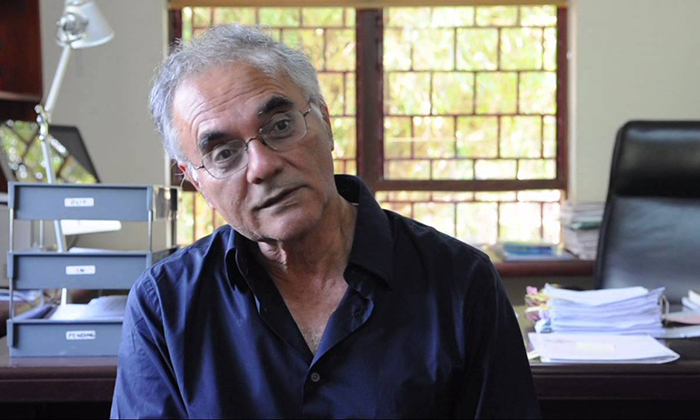Makerere, Mamdani and perils of one-man vision

Controversies. There have been all sorts of controversies at MISR at the behest of Mamdani. It all goes back to the beginning. The precedent was set at the onset – that Mamdani was too important to play by the rules.
Arguably, the core problem for a country like Uganda, is the absence of a culture of having rules that govern everybody and to which every actor is subject. Rule-based behaviour is the hallmark of modern society. The catchword liberally evoked is “rule of law.” The principle is very simple and straightforward: Basic rules and regulations must apply at all times. They must be consistently followed and have a uniform standard.
The mark of a poorly managed society is having some individuals or groups exempt from the extant rules or, worse, when they get away with violating the law or when the rules are conveniently changed. Uganda’s ruling class today changes the rules so easily when the need arises.
They tend to be above the supreme laws of the country, can break the law and not be sanctioned. This has also extended to others with the right connections, either through kin relations or political and business cronyism.
Today one can commit murder and get bail if they have the “right” relatives and can raise the money to exact bribery pressure on the justice system.
Dubious practices have so afflicted the public sector that the default thought is to plot how to game the system and not how to follow the rules. We are at a point where to abide by the law is costly and ignoring the rules pays for those who enjoy the protection of holders of State power. This is the ultimate route to personalisation where individuals pursue personal interests in the name of public service.
Makerere University is in the throes of scandals that underline the perils of ignoring or bending rules to suit specific individuals. Mahmood Mamdani, the director of the Makerere Institute for Social Research (MISR), is at Makerere irregularly if not entirely illegally. Technically, he is way past the retirement age to hold a teaching position at Makerere, let alone be director of a unit.
There have been all sorts of controversies at MISR at the behest of Mamdani. It all goes back to the beginning. The precedent was set at the onset – that Mamdani was too important to play by the rules of the university.
First, upon his appointment in 2010, he unilaterally decreed that MISR, a research institute, would become a training unit because Makerere was not producing researchers. This was a most outlandish charge.
I was somewhat of a lone voice when in 2012, I wrote in The Observerchallenging Mamdani’s evidently self-serving and grossly misleading assertion that Makerere was not a research university because it was not training its own researchers through a taught/course-work PhD programme.
Self-serving because Mamdani was using a sleight of hand to declare that he had come to “save” Makerere in a project where he had no personal interests. Misleading because nowhere in the world is a research university defined primarily by course work- based PhD programmes.
In fact, the course work PhD model is uniquely American/Canadian (exported to MISR), not used in other research universities around the world.
The second, and easily the most blatant abuse of authority, was to allow Mamdani to set his own calendar for the unit he was running, in effect having an autonomous school within Makerere. Makerere’s academic year runs from August to June, MISR’s was set differently, January to August, to fit Mamdani’s schedule (so he may teach at Columbia University from August to December).
From the word go, it has been a one-man vision, generously backed by external financiers that Makerere apparently so desperately craves to keep. So when the vision-holder’s term lapsed in 2015 and he was patently ineligible for reappointment, the blackmail was that the PhD programme would collapse if he left. This has more than passing semblance to the narrative that if a certain ruler left power, Uganda would return to its turbulent past.
We were told we had been liberated, so we had to be grateful and hand the rulers a blank cheque. Makerere too handed Mamdani the latitude to do as he pleased because he presented a plan to “save” Makerere, to deliver it to the status of a research university.
In due course, violations of university rules, the impunity and total disregard of basic norms of due process have been so egregious and imperilled the integrity of Makerere. You only have to visit the University of Dar es Salam or the University of Ghana and speak to students who were so brazenly victimised and hounded out of MISR.
* Doctor Moses Khisa is assistant professor at North Carolina State University, United States of America.
